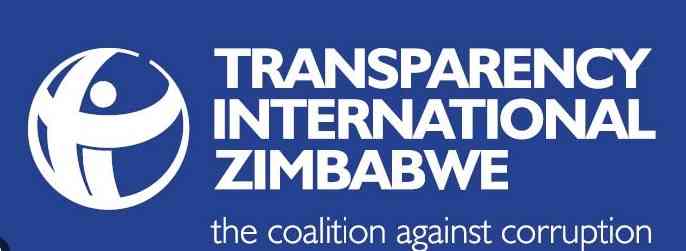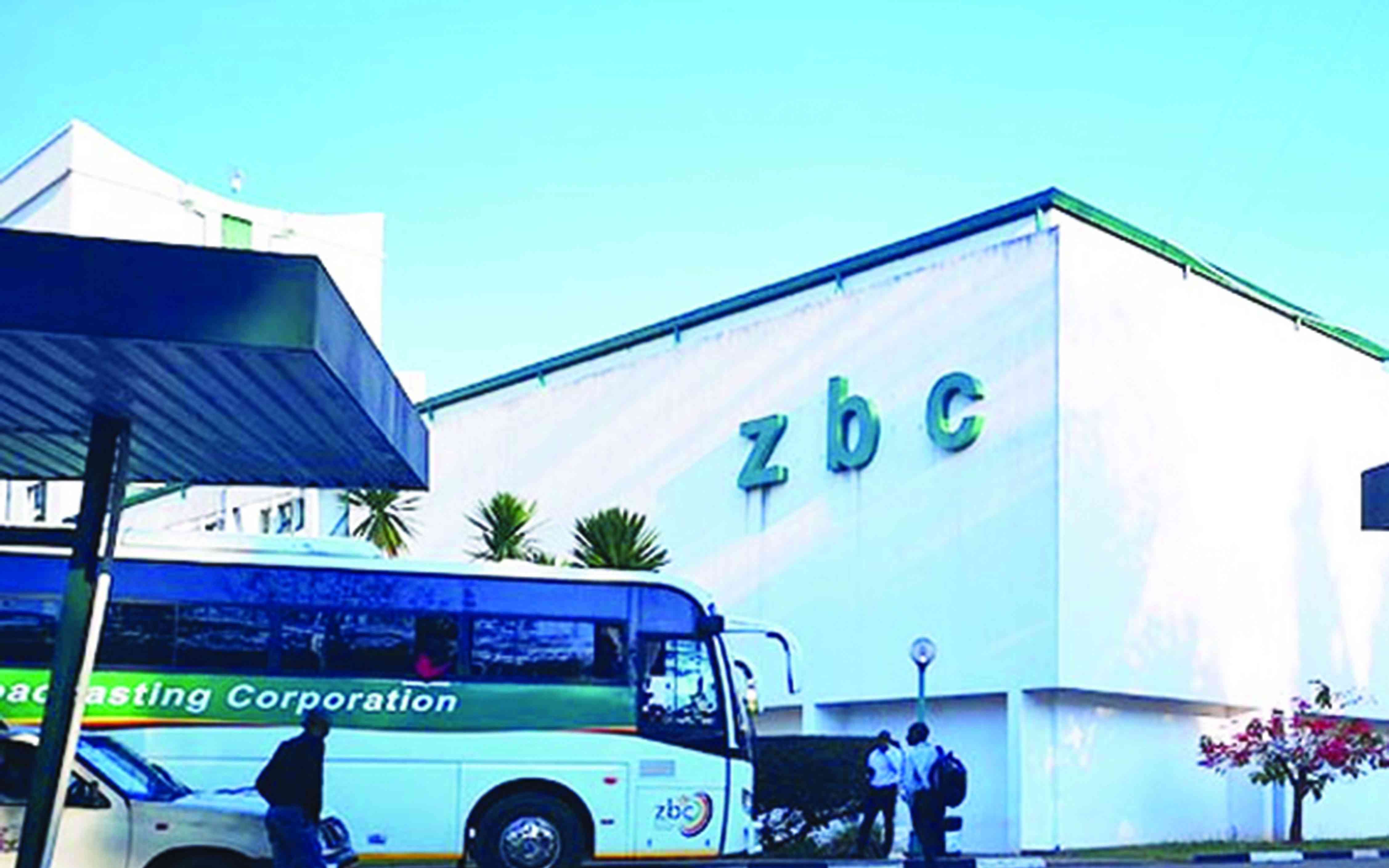
Zimbabwe’s biggest beverages maker says its prolonged tax dispute with the Zimbabwe Revenue Authority (Zimra) can only be resolved by the ministry of Finance, rather than through the courts, as multiple large corporates clash with the tax collector over assessments arising from the country’s turbulent currency transitions.
Delta Corporation, the blue-chip beverages maker whose stock trades on the Zimbabwe Stock Exchange, is among a cluster of major firms that have queried tax demands from Zimra dating back to 2019.
Companies argue the volatile environment, marked by policy changes and inconsistent transitional rules, created complex tax interpretations at the time.
But the deadlock has not been unique to Delta. One of Zimbabwe’s biggest industrial packaging manufacturers, Nampak Zimbabwe, also contested hefty penalties imposed in June last year, saying it had always met its tax obligations.
Speaking exclusively to the Zimbabwe Independent, Delta chief executive officer Matlhogonolo Valela said the company firmly believed the matter was no longer a legal issue.
“The disputes on tax are in fact disputes on currency transitional measures,” Valela said, after an interface with analysts in Harare.
“We believe the best solution does not lie in the courts. The best solution lies in the ministry of Finance giving them proper policy direction because in those years there were conflicting policy directives that were differing to legal provisions, and we followed them to the letter.”
Valela said Delta’s experience in the courts had reinforced the company’s view that the dispute is ultimately a policy problem.
- Currency crisis hits capital markets
- We are climbing out of hard lockdowns, says Delta boss
- Currency crisis hits capital markets
- We are climbing out of hard lockdowns, says Delta boss
Keep Reading
“We must actually solve this, in our view, by the ministry of Finance taking leadership in resolving matters that were to do with transitional mechanisms, changing from US dollar to Zimbabwe dollar … back to US dollar,” he said.
“And it needs to be a reasoned assessment of whether players did the right thing or the wrong thing rather than whether it was legally correct or incorrect,” he added.
Delta is locked in a US$73 million tax dispute with Zimra, which the company is currently contesting through the courts. The contested amount covers principal tax, penalties, and interest for value-added tax and corporate tax between 2019 and 2022. Delta argues the assessments ignore local currency payments made during those periods — payments which have since been decimated by inflation.
For the half-year ended September 30, 2025, Delta’s own tax payments rose 19% to US$147,52 million. However, the additional assessments continue to weigh heavily on the business.
“The disputed additional assessments amount to US$73 million, which covers principal tax, penalties, and interest for value-added tax and income tax for periods 2019 to 2022,” the company said in its half-year report released on the day of this interview.
“The assessments do not consider the local currency payments made at the relevant time, which have since been debased through inflation and currency depreciation.”
Despite adverse rulings from both the High Court and Supreme Court, Delta has pending appeals before Zimra and the fiscal courts. The Constitutional Court declined to hear the matter, directing that unresolved legal issues be pursued through the lower courts.
Delta’s finance director, Alex Makamure, said the company had paid US$13,7 million towards the assessments as of September 30, 2025, in line with the “pay now, argue later” principle and existing payment plans.
“We believe any revisions to the payment plan will be rational, with due consideration of the financial health of the business and the fact that the principal amounts were fully paid in legal tender at the relevant periods, based on the best available interpretation of the legislation,” Makamure said during the analyst briefing.
Apart from Nampak, Delta’s position reflects a broader wave of corporate concern. Last year, chief executives from National Foods Limited, Innscor Africa Limited and Delta itself warned inconsistent currency policies and unclear transitional mechanisms were exposing compliant companies to retrospective penalties.
Nampak’s group managing director, John Van Gend, said at the time misunderstandings with Zimra were rooted in “significant currency changes in Zimbabwe since 2018”.
With currency conversions shifting from US dollars to Zimbabwe dollars, companies have complained that past local currency tax payments have been rendered meaningless through inflation and depreciation.
The dispute has revived comparisons with an earlier US$54,8 million tax charge Delta announced last year, which it described as an “unjust enrichment” to Zimra.
In that case, Delta argued at the time refunds of historical Zimbabwe-dollar payments, reduced by inflation to the equivalent of US$115 000, would be grossly unfair.










